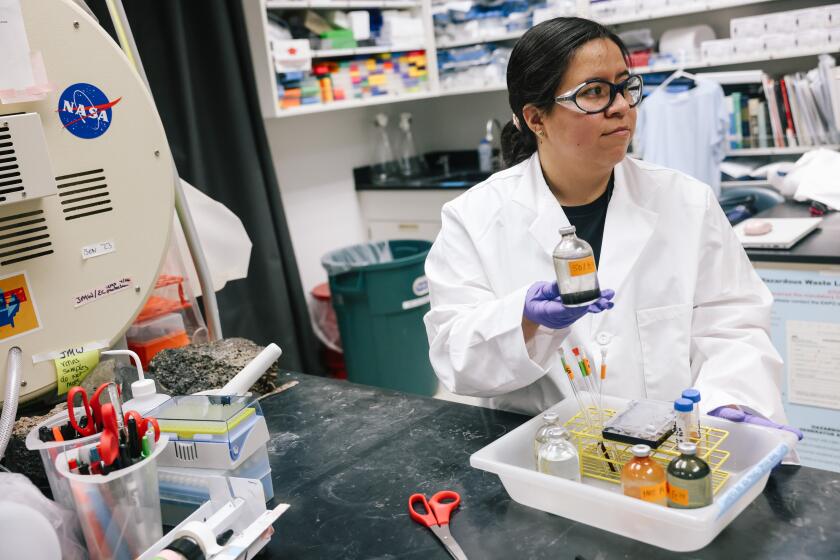Discovery of Cancer Gene
* I’m writing to clarify one point in an otherwise excellent article on the discovery of BRCA1, the first inherited breast cancer gene to be identified. Although, women who inherit this gene have a tendency to have earlier onset of breast cancer, and ovarian cancer, a large proportion of the women who get breast cancer from BRCA1 are not under age 30. Many women in these families were 50 or older before developing cancer. As we become able to test individuals and families, I feel certain that it will be found that most or all cases occur after age 30.
Appropriate families for genetic counseling and testing are those with several relatives with breast, ovarian or related cancers. A genetic counselor can determine, based on family history, if gene testing is appropriate. While the testing may be a year or more away, some people may wish counseling sooner. A common misunderstanding is that genes for breast cancer are inherited only through the mother’s side. The genes for familial breast and colon cancers can be inherited through the mother or the father, so analysis should include a complete history of both sides of the family.
ELLEN R. KNELL
Director, Medical Genetics
Los Angeles Oncologic Institute
St. Vincent Medical Center
* In science, it is a dictum that discoveries spawn more questions. Ellen Goodman (Commentary, Sept. 18) would have had us wait for the discovery of the breast cancer gene; she now wants us to wait for the cure. I suggest that we should not simply “wait.” It is equally critical, in the interim, to attempt to resolve the many ethical, legal and financial issues that all scientific discoveries bring to the forefront. We can use the available time to reach a consensus on such diverse and divisive issues as: a) ethical considerations for procreation, if we know that the offspring will be subject to a life-threatening condition; b) availability of health insurance coverage for those known to be carriers of suspect genes; c) privacy considerations.
It is possible to sit back and complain, instead, that we want to avoid scientific progress, if we are not ready for it.
D.A. PAPANASTASSIOU
Pasadena



